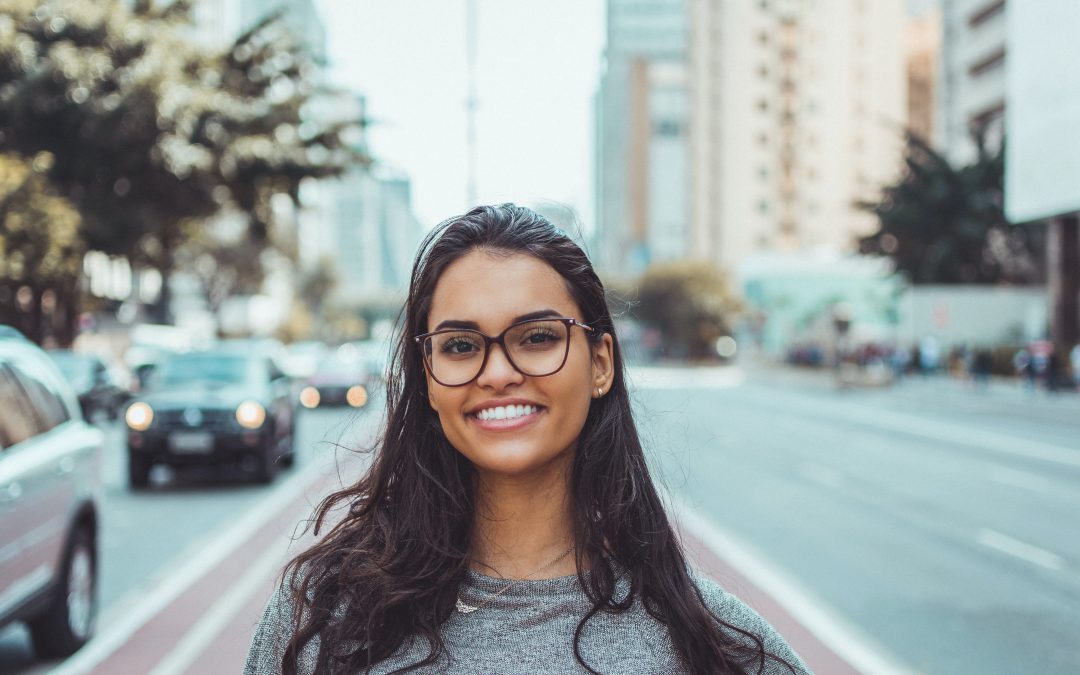Let me make clear that I offer no opinion here as to whether masks should have ever been required, or when they should stop being required. My only opinion is that there should be a day when they should stop being required. And further, and just as importantly, there should be a day when most of us should stop wearing them—even if we feel like we want to, and even if there is some risk in doing so.
This may seem like an obvious and inarguable point. But it is not, and I think there are those who would argue it with me.
Masks continue to be required at my workplace, and we are now told that all schoolchildren in our state will be masked when they return to class in the fall. It is hard to escape the contrast with other segments of life in the United States. Masks have not been required in some entire states for months, but even in California there are contradictions. For example, masks are no longer required in commercial establishments in Los Angeles. As I go into each one of these establishments, be they restaurants, the drugstore, the grocery store, the hair salon, the YMCA, the movie theater etc., I have politely asked what the policy is on whether masks are required. The answer is nearly uniform: If you have been vaccinated, a mask is no longer required. As no one is checking one way or another, the truth is that masks are no longer required. Crowds between 40 and 50 thousand people gather each night at Dodger Stadium without masks. Last night, I went to the movies. Every seat was taken. Virtually no one wore a mask.
When I first started asking this this question, only one of every twenty people were not wearing a mask in the grocery store. The other nineteen people were still wearing one, and there seemed to be disapproval in their gaze at those who had dropped the practice. Of course, I don’t know, but prevailing statistics indicate that at least half of those 19 people have been vaccinated. So why are they wearing masks? Over the course of weeks, additional people have started taking off their masks, but there are still many people wearing them, and many of these people are vaccinated.
It is not just the fearfulness inspired by the politicians and media that has prolonged the mask custom. There are rational reasons to keep wearing a mask. If you want to be perfectly protected from any chance of encountering the coronavirus, then there are experts who will tell you that the mask provides some incremental benefit even now. Relying on vaccines or prior immunity is still a numbers game. The vaccines are not and do not purport to be 100% effective. There are rare instances of breakthrough infection in persons who have previously been infected or vaccinated.
Then there are the other illnesses. While the masks were not particularly good for viruses, they are more effective for bacterial diseases. Am I the only one who has rarely been sick during the pandemic? Many people will like this effect on their lives, asking themselves, “Why have I been allowing those [students, clients, customers] to pass on their infections all these years?”
Clearly, some people are attached to the wearing of masks, and some of them have the power to impose this attachment on others. My only argument is that this should not last indefinitely, or forever, which it is threatening to do. My reason is that we are depriving ourselves of one of life’s most valuable experiences: the smiles of strangers.
By now, most of us have found a way of maneuvering around the restrictions and re-attaching to the faces of our loved ones: the smiles, the frowns, the laughs and the tears that constitute the most important interactions of their lives.
While I boast no data or science, I would argue that the faces of strangers are also important. When the faces of strangers show fear, we are afraid. When they display calm, we are calm. When they are covered in masks, it is a sign that they are so afraid they don’t want you to know whether they are afraid or not.
I grew up in the Midwest, and mainly trusted that my interactions with people were on the level, open. I was the kind of person who smiled and said hello on the street. My last seven years were spent in Ann Arbor, and with all my jobs in multiple dormitories and businesses, my classes and writing for the student paper, I knew thousands of the people I would pass on the street each day. I rarely walked across the campus without renewing a friendship or acquaintance. There were also thousands more people that I sort of knew, that I recognized from a common class, or experience, but couldn’t quite place. It seemed that the faces of strangers were equally open to me: the smile when someone recognized your own friendly face, the little frowns as we waited in line, the excitement at a concert or movie. The combined energy we get from these faces makes us feel more at home, more at peace and joy in our world.
When I moved to New York City after school, I was somewhat shocked by how withdrawn people were, how isolating their manner. It was the late ‘70’s, so New York City was going through one of its higher crime phases. I knew I wasn’t in Ohio anymore, but it still seemed strange to me how people would not meet your eyes, how they hurried past. If I tried interacting in a friendly way, people would brush me off and move forward. Quickly.
In late 1979, I flew to L.A. with a close friend and his wife as we were being transferred to the L.A. office of our firm. We were wild with the enthusiasm of our new venture, telling each other excitedly about how someone had smiled at us, or said hello, or please—all courtesies we thought we’d never see again. And we were still in LAX! I would go on to realize that smiles in L.A. were a lot more superficial than they were in the Midwest, but I have always thought that dishonest pleasantries were better than open and honest fear and contempt.
Having taken off my mask in many settings now, I can say that there is a similar lifting of spirit, a feeling of connection with people you know or don’t know, a realization of how separated and cut off we have been from other people. A hello, a handshake, a hug, a smile—these all feel like events that are were once ordinary but are now magical.
And it is not just the smiles of strangers that are so important. There are the people we sort of know—we recognize them from Church, from school, from work, but we don’t quite know them. Many days we can’t remember their name. But their affirming nods and smiles assure us of our place in the world.
These signs of joy are an important part of the wonderment of life, even when they come from strangers. Their benefit cannot be monetized or calculated, but the benefits are real—so real that I do not want to give them up. I can’t believe it is good for anyone to give them up forever. They are worth the statistical risk of illness that inevitably comes with human contact.
As we leave Afghanistan in the coming weeks, I recall reading Khaled Hosseini’s books in the early 2000’s and thinking that whatever else had been achieved in Afghanistan, the women of that country could now take off their head coverings, show their faces and learn and participate. Now, as we give back control over these women to their former masters, I wonder whether we find that more acceptable because we now think it acceptable to cover our own faces, and those of our children. It makes me feel that however long we tolerate this, we should not tolerate it forever.
So wear your mask as long as you need to. But please don’t say you’ll never take it off.


I love reading your stories.